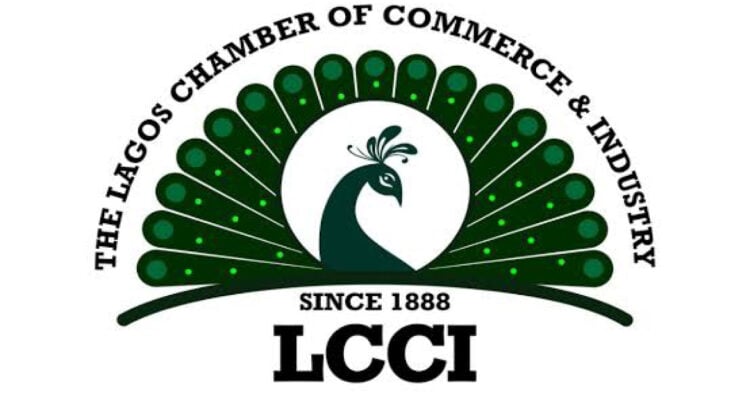The Lagos Chamber of Commerce and Industry (LCCI) has said, the policy to regulate the solid minerals sector in Nigeria has potential economic benefits, addressing the associated challenges will be crucial to realising the sector’s full potential and ensuring sustainable and inclusive development.
The president of LCCI, Gabriel Idahosa stated this at the chamber’s first press conference in 2024. He said that with the decline in the Global oil market, diversifying into the solid minerals sector reduces Nigeria’s dependency on oil revenues.
He added that “this helps mitigate the impact of oil price fluctuations on the country’s economy and enhances economic stability. The development of the solid minerals sector is likely to create job opportunities across various stages of exploration, mining, processing, and marketing. This can contribute significantly to reducing unemployment rates and fostering economic growth.
“The effective regulation of the solid minerals sector can lead to increased revenue generation for the government through taxes, royalties, and other levies. This additional revenue can be utilised for infrastructure development, social programs, and other public services. By regulating the sector, Nigeria can position itself to participate more effectively in the global market for solid minerals. This can open new opportunities for international trade and partnerships.”
He explained that the approval of this policy review allows for better management and utilisation of the abundant solid mineral resources in Nigeria, saying “this ensures that these resources are exploited judiciously, efficiently, and sustainably, preventing their depletion and ensuring long-term economic benefits.
“However, the successful implementation of the policy may face various challenges, including regulatory hurdles, lack of infrastructure, and bureaucratic inefficiencies. These challenges could hinder the intended benefits of the policy.”
He noted that “unregulated mining activities, even with a policy in place, may pose environmental risks such as deforestation, soil erosion, and water pollution. Strict adherence to environmental standards and effective monitoring will be crucial to mitigate these concerns.”
Idahosa emphasised that “the Ministry of Solid Minerals should provide clarity to all stakeholders, especially the state governments as to the position of mining in the exclusive list of the 1999 constitution. The interference of the state government in private licenced miners’ operations could be a significant threat to the growth of the industry. They should instead be encouraged to set up their mining SPVS to participate in the industry.
“The promotion of responsible mining by companies through improved regulation and robust community engagement should be encouraged. This will ultimately address land conflicts and environmental degradation.
“The adoption of local investors in mining should be the flagship for advertising the sector globally. The population of delegations to mining conferences should be tilted more towards the private sector.
“Growing the contribution of solid minerals to Nigeria’s GDP from the present 0.8 per cent according to the national bureau of statistics to 50 per cent as proposed by the Minister requires much more collaboration with existing artisanal miners and small-scale operators.”











